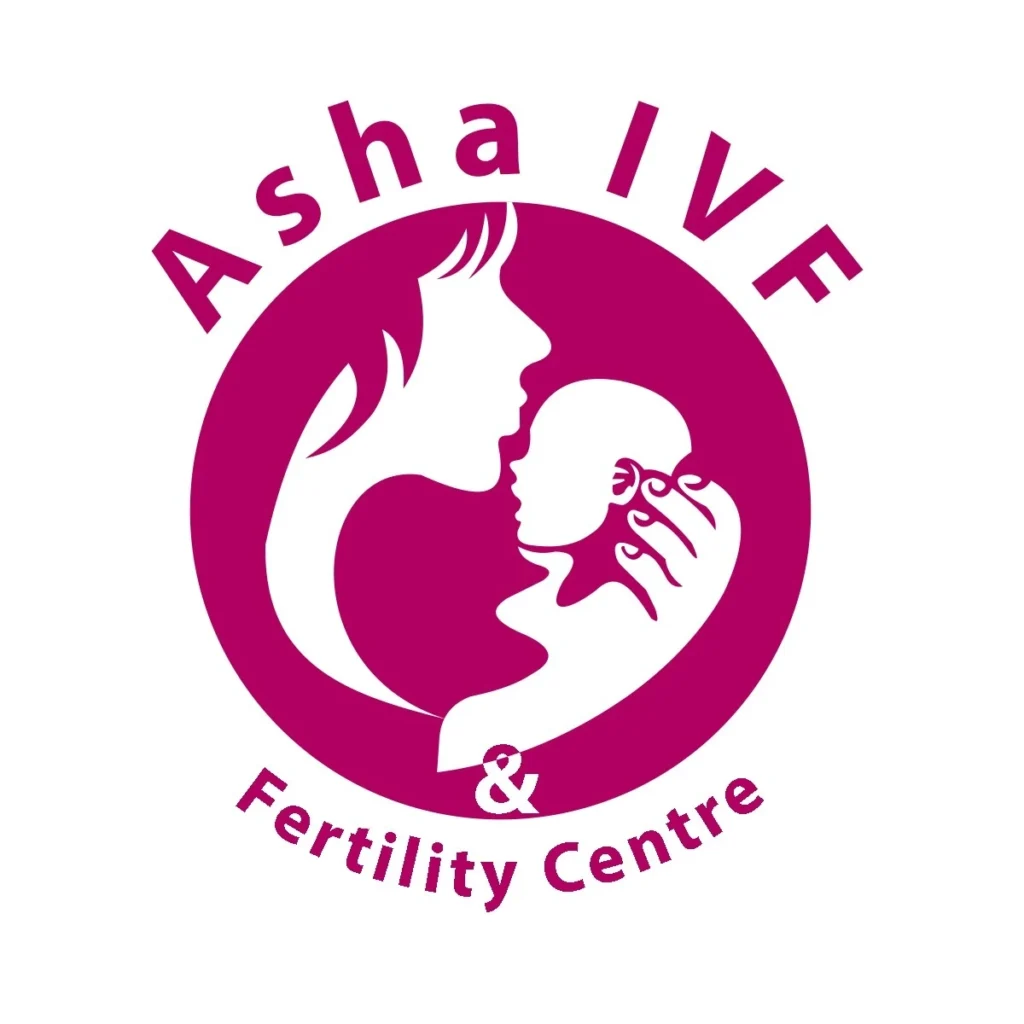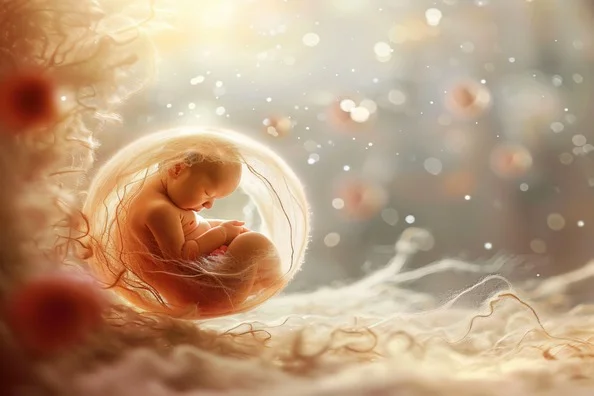When we think of testosterone, it’s often associated with male health. However, testosterone also plays a crucial role in women’s overall well-being. Though present in smaller amounts compared to men, this hormone impacts mood, muscle strength, sexual function, and energy levels in women. A decline in testosterone levels can lead to various physical and emotional challenges. In this blog, we explore the symptoms, causes, diagnosis, and treatments of low testosterone in women by Asha IVF & Fertility Centre.
What is Testosterone’s Role in Women?
Testosterone is produced in women by the ovaries and adrenal glands. It plays a key role in:
- Libido: Enhances sexual desire and arousal.
- Bone Health: Supports bone density and prevents osteoporosis.
- Muscle Strength: Helps maintain muscle mass and strength.
- Mood Regulation: Influences mental well-being, energy, and motivation.
- Cognitive Function: Supports focus and memory.
Although testosterone levels are lower in women, the hormone is essential for maintaining energy, emotional balance, and physical health.
Symptoms of Low Testosterone in Women
Low testosterone levels may manifest in various ways:
- Fatigue – Persistent tiredness and low energy.
- Low Libido – Reduced sexual desire or pleasure.
- Mood Swings or Depression – Increased feelings of sadness, irritability, or anxiety.
- Muscle Weakness – Loss of muscle tone or difficulty building muscle.
- Weight Gain – Particularly in the form of fat rather than muscle.
- Brain Fog – Difficulty concentrating or reduced mental clarity.
- Loss of Bone Density – Increased risk of fractures or osteoporosis over time.
- Vaginal Dryness – Can cause discomfort during sexual activity.
- Sleep Disturbances – Insomnia or poor sleep quality.
These symptoms are often mistaken for other conditions, such as stress or perimenopause, making diagnosis challenging.
Causes of Low Testosterone in Women
Several factors can contribute to a decline in testosterone:
- Age and Menopause: Testosterone levels naturally decrease with age, especially during perimenopause and postmenopause.
- Surgical Removal of Ovaries (Oophorectomy): Leads to a sharp drop in testosterone production.
- Adrenal Gland Disorders: Conditions affecting the adrenal glands can impact testosterone levels.
- Chronic Illnesses: Conditions like diabetes, obesity, and autoimmune disorders can lower testosterone.
- Birth Control Pills: Certain oral contraceptives may suppress testosterone levels.
- Stress: Prolonged stress can impact hormone production, including testosterone.
- Medications: Some medications, such as corticosteroids, can interfere with hormone levels.
- Hypothyroidism: An underactive thyroid can disrupt hormone balance, including testosterone production.
Diagnosing Low Testosterone in Women
Diagnosing low testosterone in women requires a combination of clinical evaluation and blood tests. Here’s how doctors typically proceed:
- Clinical History and Physical Exam: A detailed evaluation of symptoms.
- Blood Tests: Testosterone levels (including total and free testosterone) are measured. Hormone levels fluctuate throughout the day, so tests are often performed in the morning.
- Assessing Other Hormones: To rule out other conditions, doctors may also check estrogen, thyroid, and cortisol levels.
Treatment Options for Low Testosterone
Lifestyle Changes
- Exercise: Strength training can help boost testosterone levels and improve muscle tone.
- Healthy Diet: A balanced diet with healthy fats (like avocados and olive oil) supports hormone production.
- Stress Management: Mindfulness, yoga, or therapy can help reduce stress levels.
Hormone Replacement Therapy (HRT)
Testosterone replacement therapy may be recommended in certain cases, especially if symptoms are severe. It can be administered through:
- Gels or Creams: Applied to the skin daily.
- Patches: Worn on the skin for a steady release of testosterone.
- Pellets: Implanted under the skin for long-term delivery.
- Injections: Given at intervals as prescribed by the healthcare provider.
DHEA Supplements
DHEA is a precursor hormone that the body can convert into testosterone. However, it should be used cautiously under medical supervision.
Addressing Underlying Conditions
If low testosterone is related to thyroid disorders, adrenal issues, or medications, treating the root cause can improve symptoms.
Risks and Side Effects of Testosterone Therapy
While testosterone therapy can alleviate symptoms, it may carry risks:
- Acne or Oily Skin
- Hair Growth on the Face or Body
- Voice Deepening
- Mood Changes
It’s crucial to work closely with a healthcare provider to monitor hormone levels and minimize side effects.
When to See a Doctor
If you experience persistent fatigue, mood changes, or a drop in sexual desire that affects your quality of life, it’s essential to seek medical advice. These symptoms may signal low testosterone or other hormone imbalances, and early intervention can improve outcomes.
At Asha IVF & Fertility Centre in Faridabad, expert care is provided for hormone-related issues, infertility, and overall reproductive health. Under the guidance of Dr. Astha Chakravarty, a renowned IVF specialist, patients receive comprehensive diagnostic and therapeutic solutions tailored to their individual needs. Dr. Astha Chakravarty’s expertise and compassionate care have earned her a reputation as the best IVF specialist in Faridabad. Whether you’re dealing with hormonal imbalances or seeking fertility treatments, Asha IVF is committed to supporting your journey toward better health and well-being.
Conclusion
Low testosterone in women is often underdiagnosed but can significantly affect physical, emotional, and sexual health. Understanding the symptoms and causes allows women to take proactive steps toward improving their well-being. With the right combination of lifestyle changes, medical treatments, and support, women can restore balance and regain vitality.
For those in Faridabad, Asha IVF & Fertility Centre offers a holistic approach to managing hormone issues and reproductive health. Consult with Dr. Astha Chakravarty, the leading IVF expert, to explore personalized treatment options and take control of your health journey.
Always consult with a healthcare provider before starting any form of hormone therapy or supplements. Hormonal health is complex, and individualized care is key to finding the right solution.






